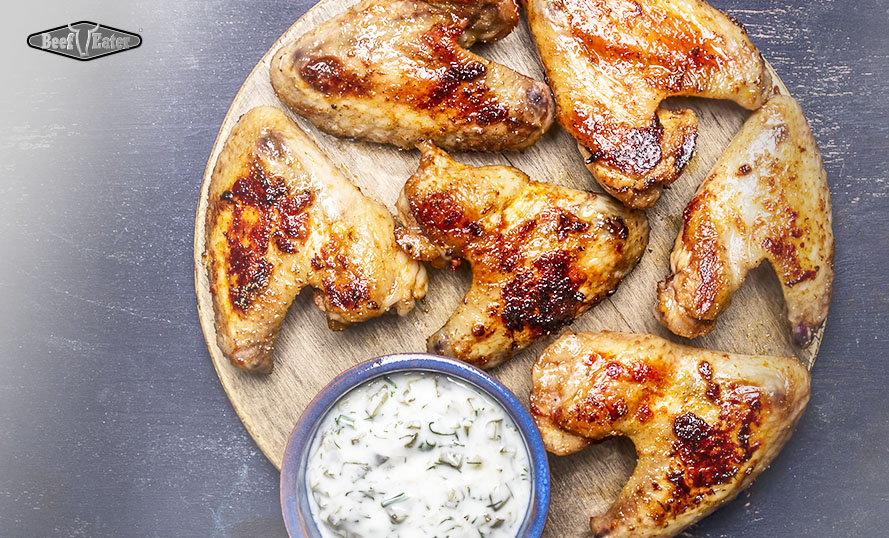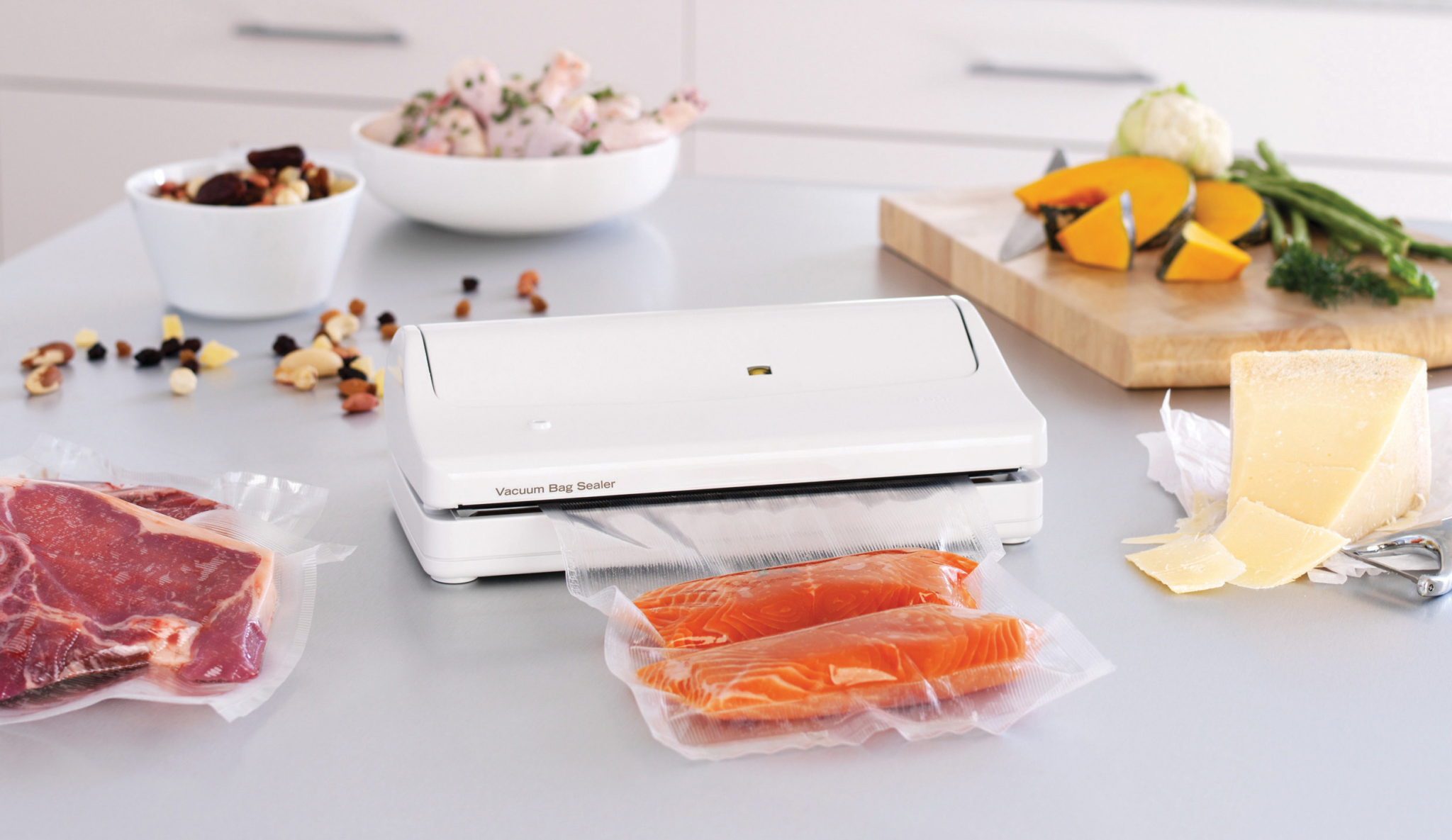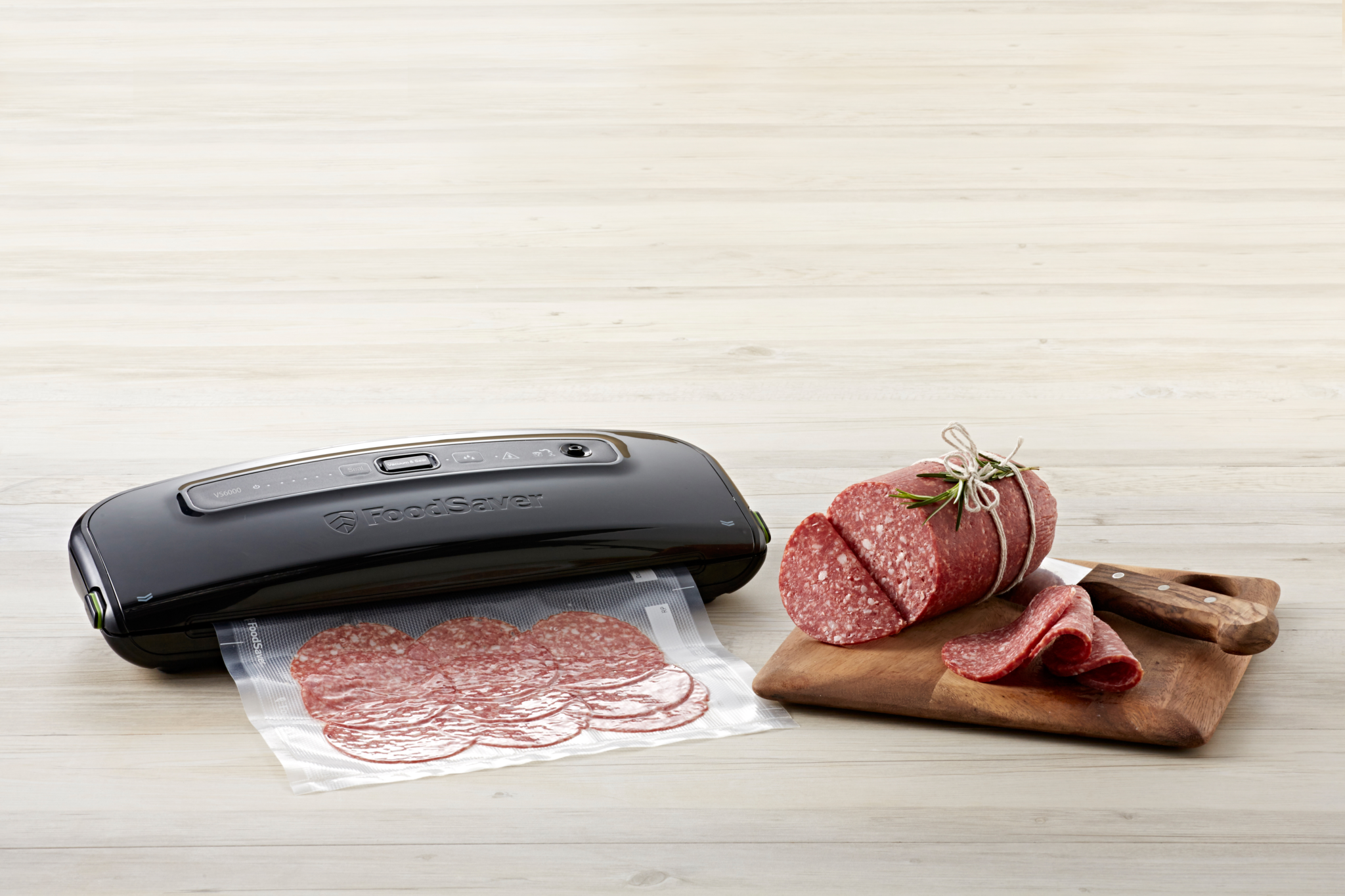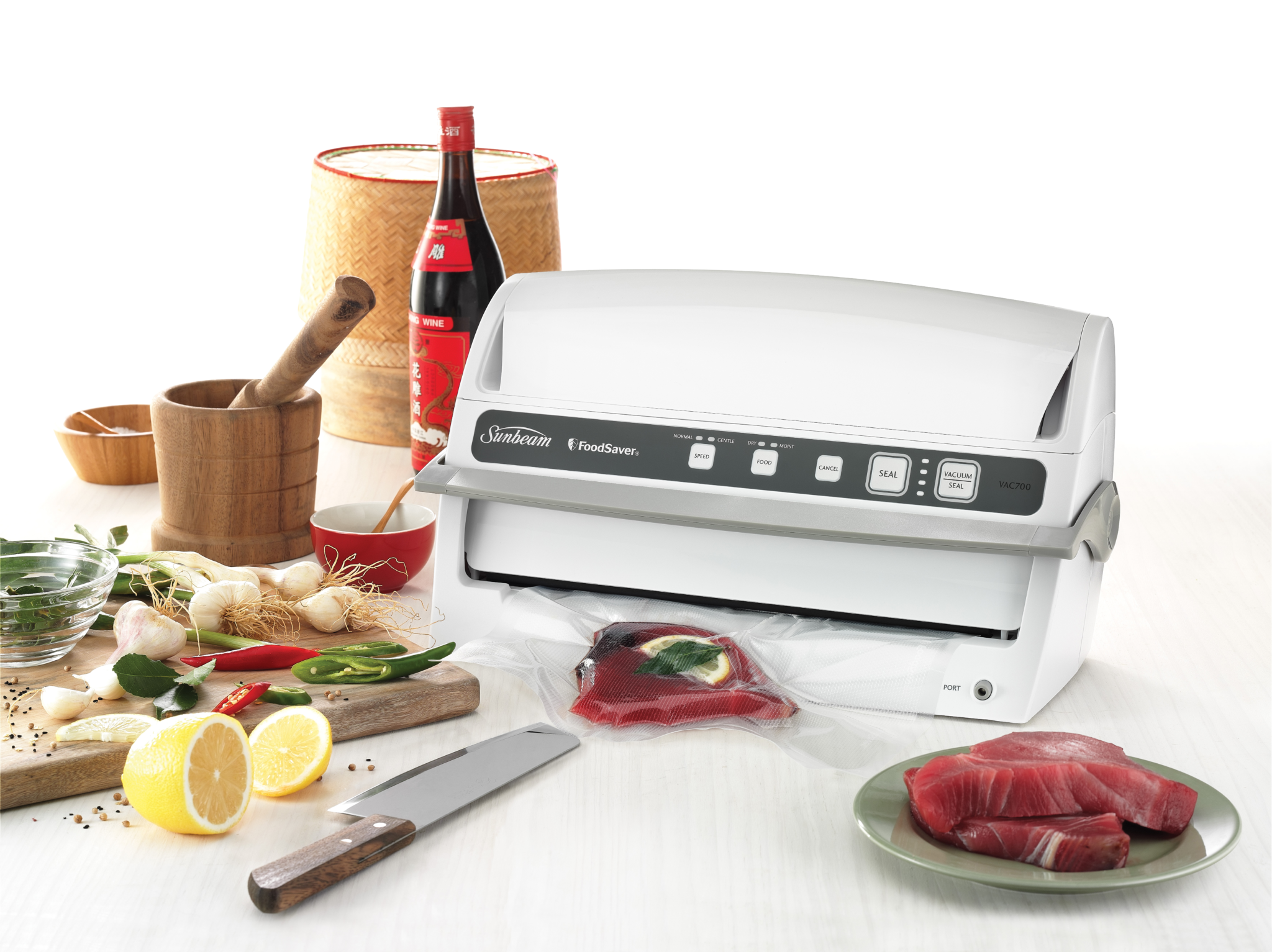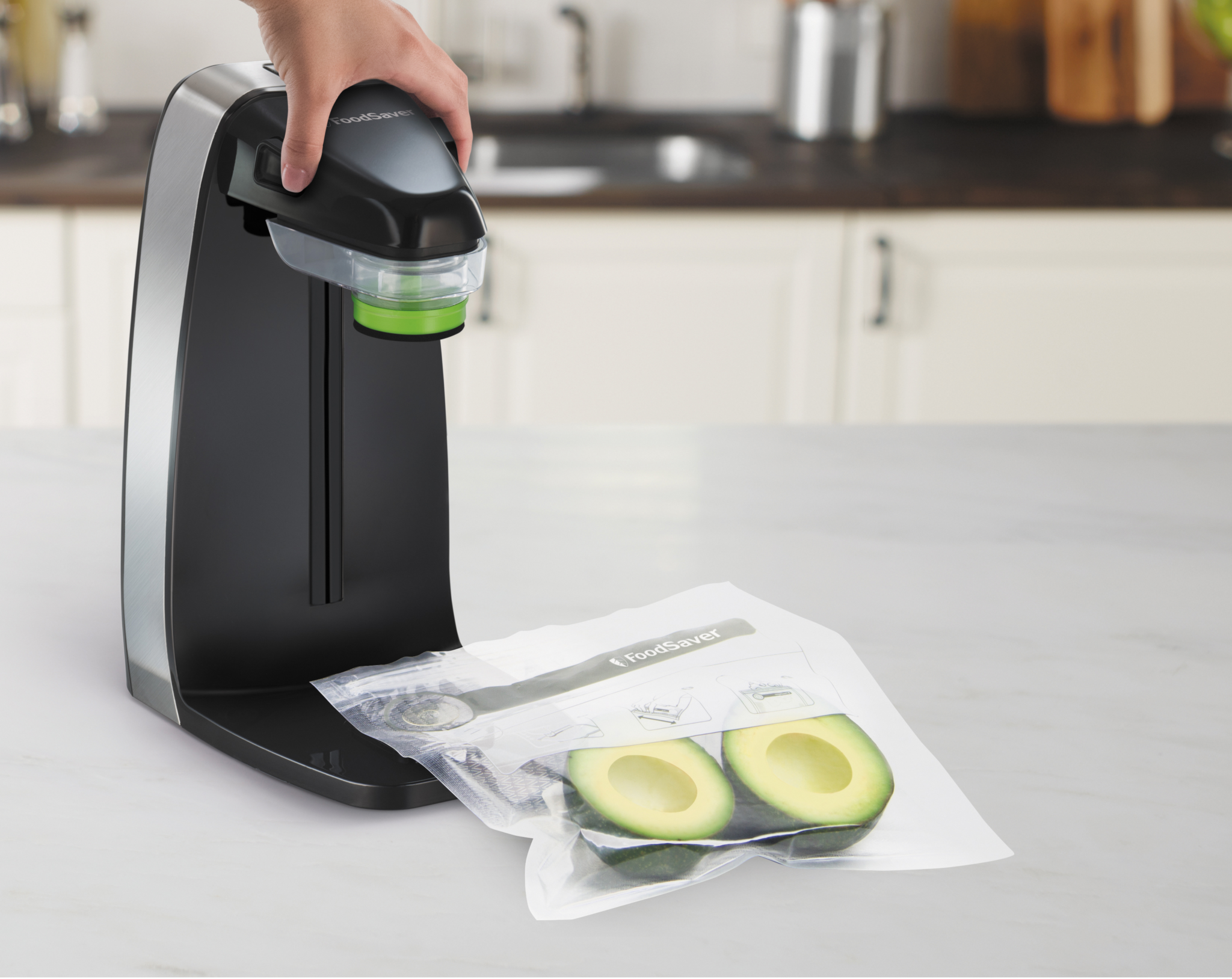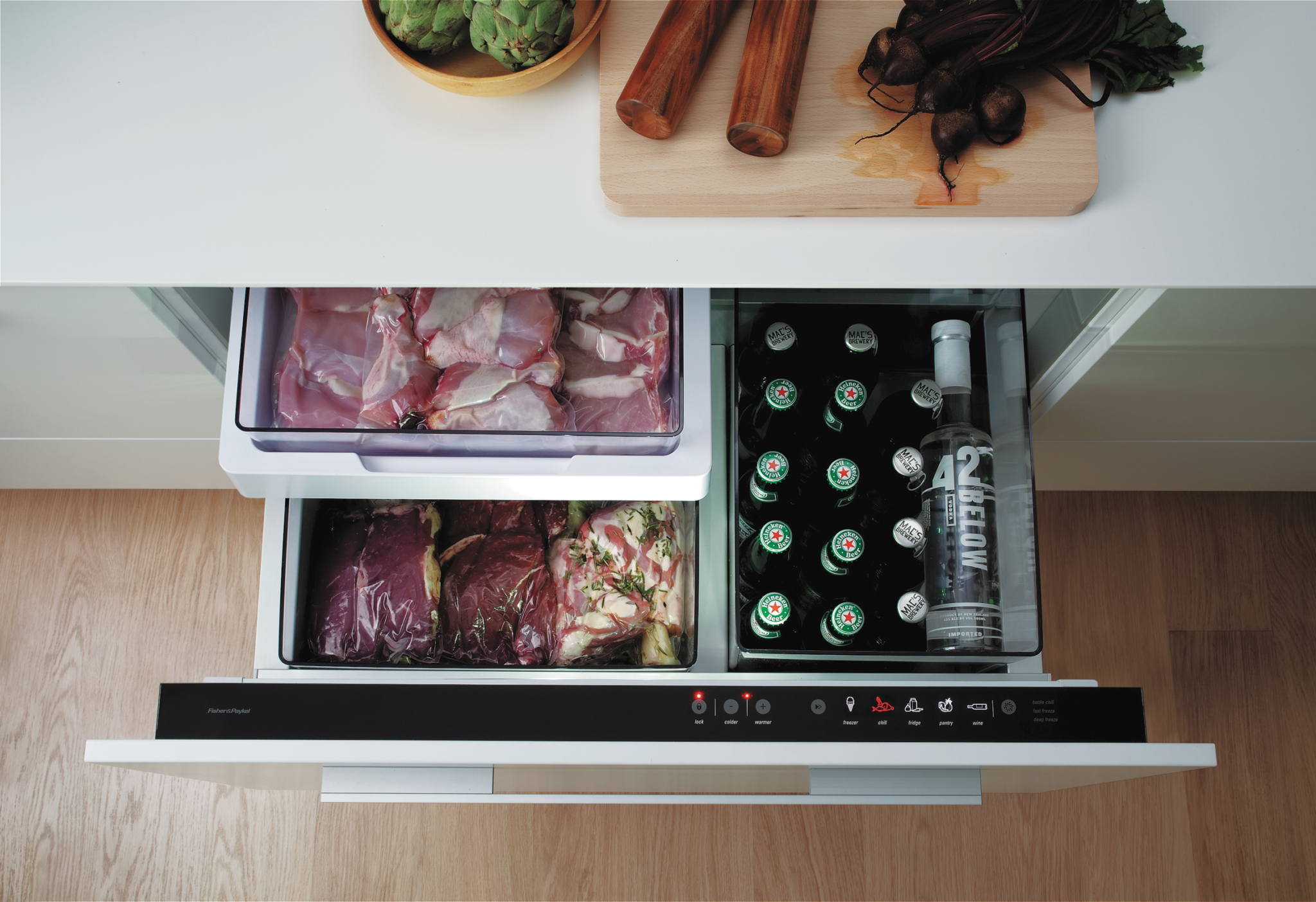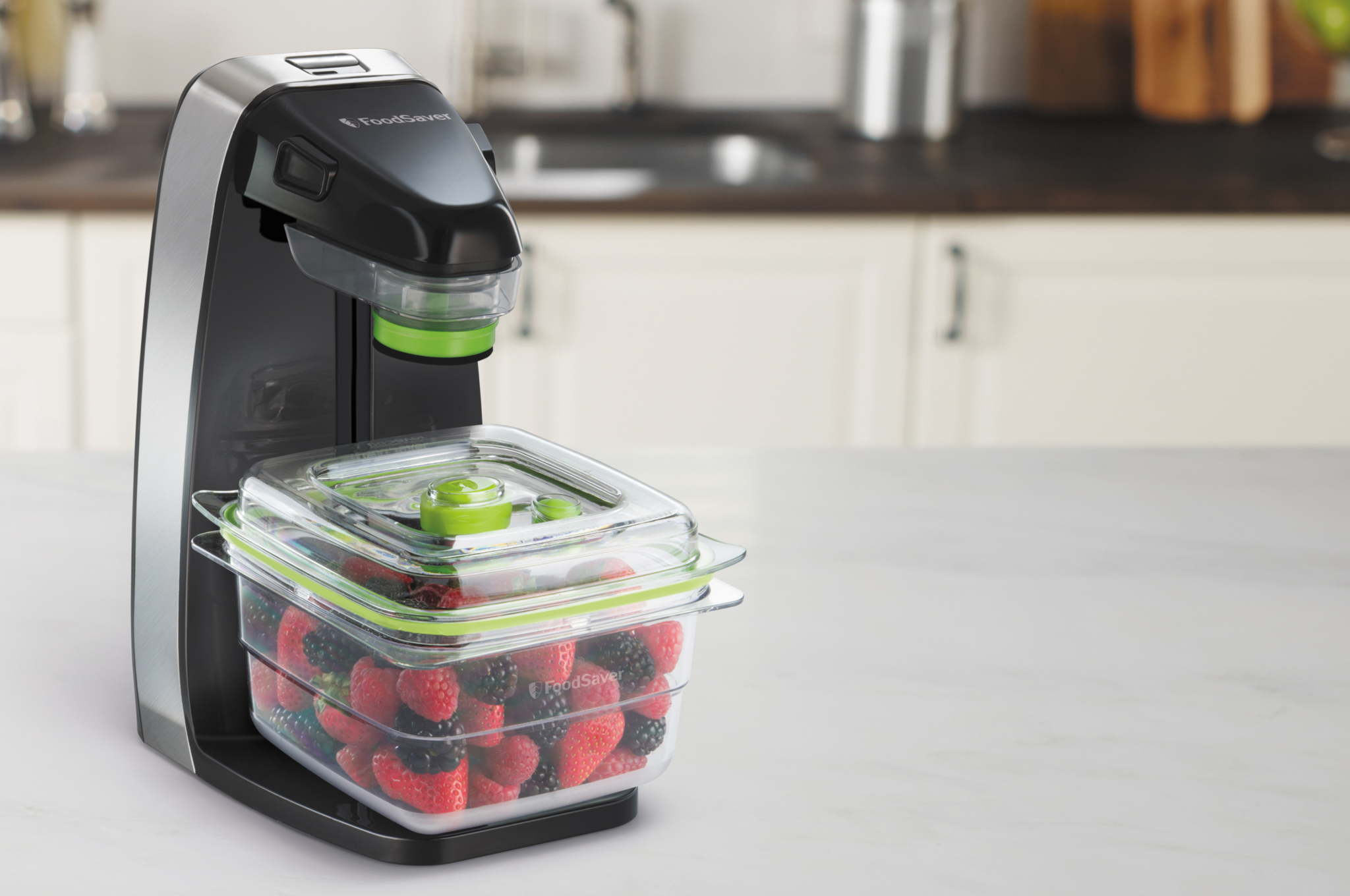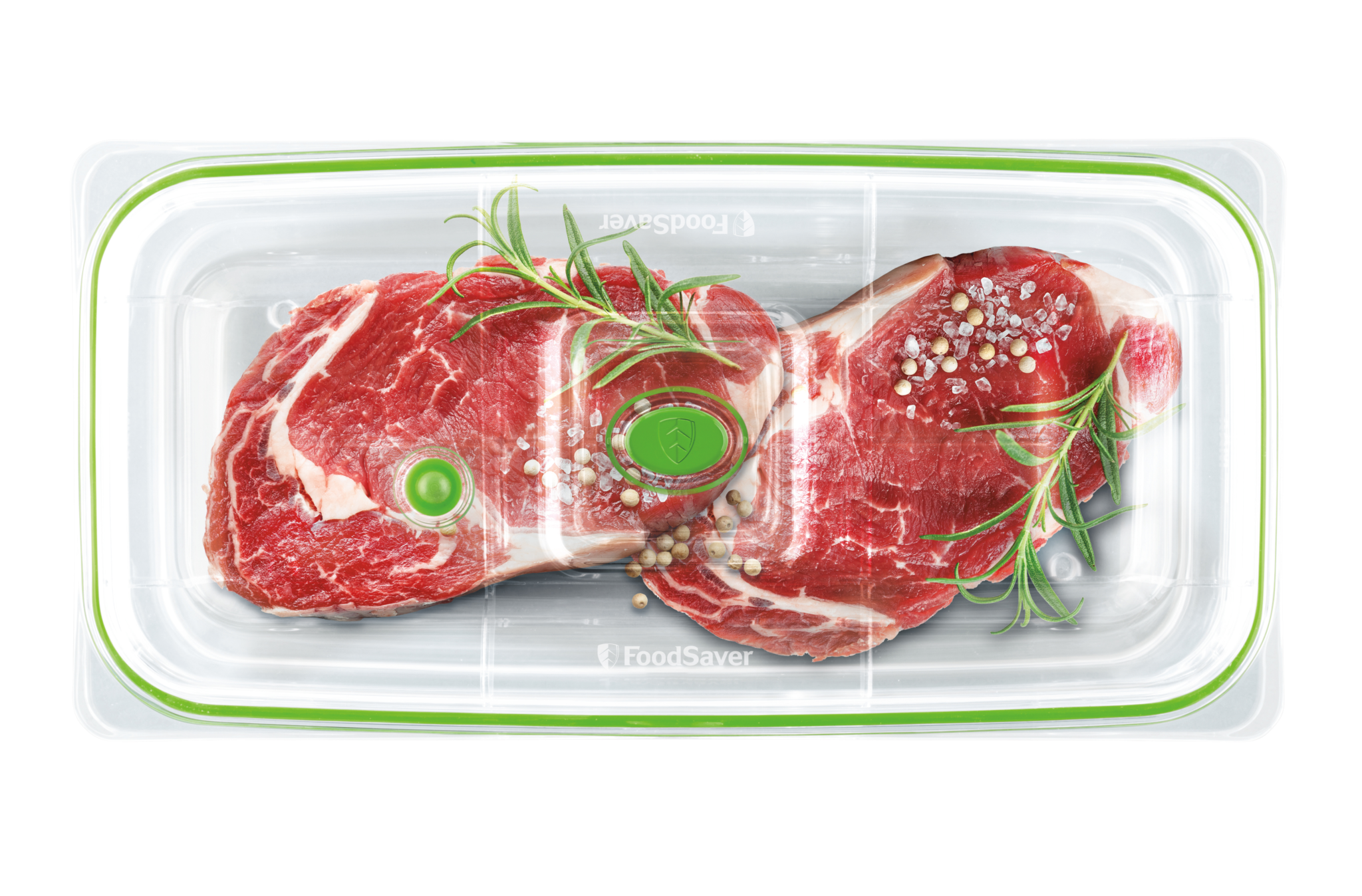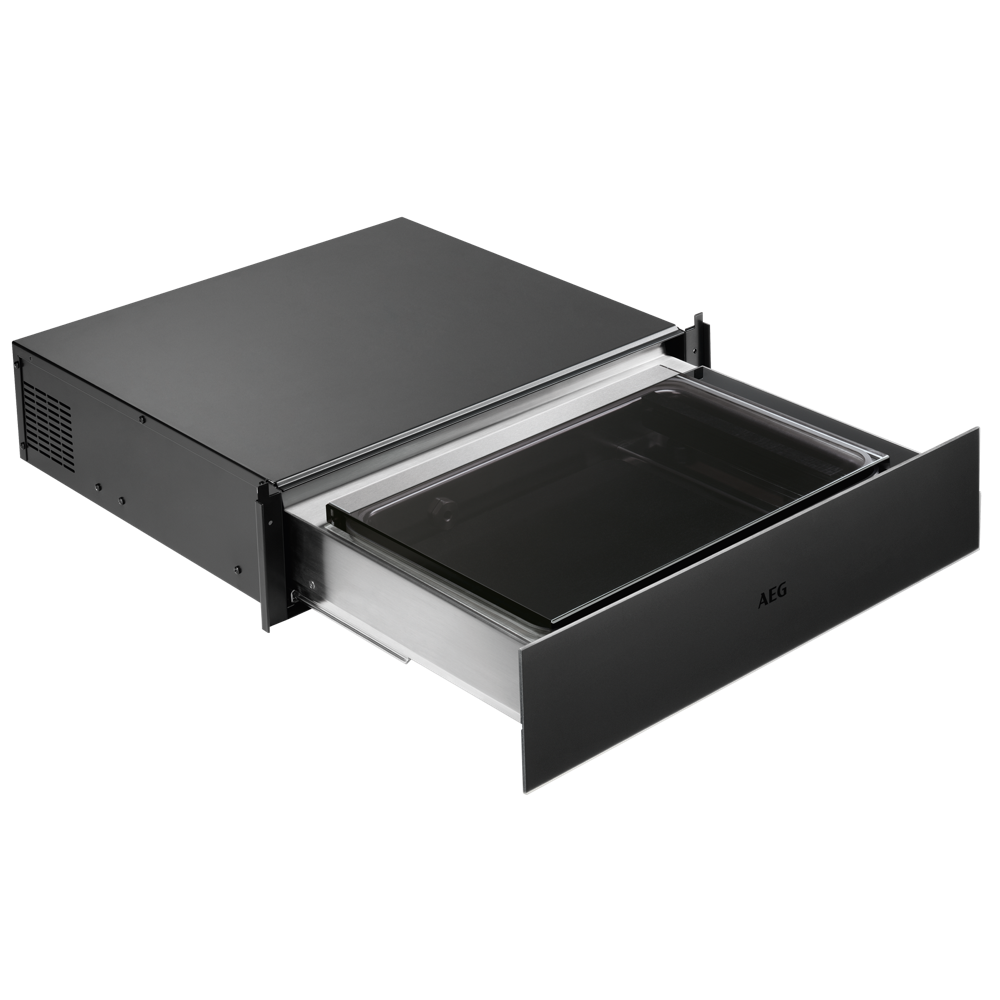10 Benefits of Vacuum Sealing Food
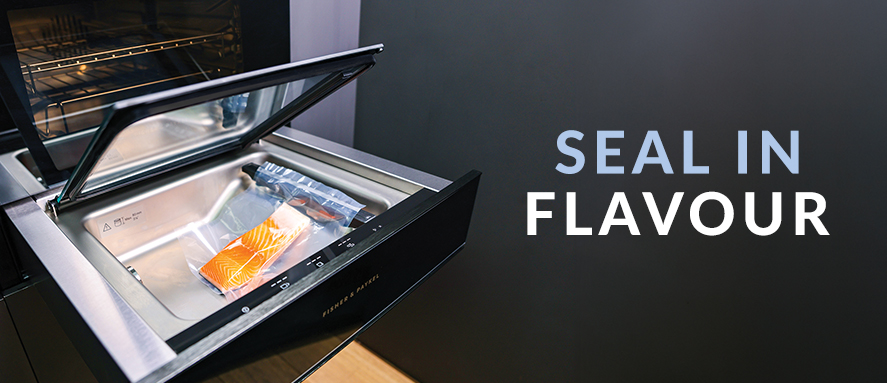
Uncover all the benefits of vacuum sealing your food! Reduce food waste, save money and marinade ingredients, there’s so much you could do with food vacuum sealers.
Vacuum sealing is a process that removes air from a sealed bag or container, which helps to prevent food spoilage and extend shelf life. Vacuum sealers work by sucking out the air and then sealing the bag shut to create an airtight environment, slowing bacterial growth and preserving food.
Vacuum sealing prevents freezer burn by removing the air from the packaging, which is the main culprit behind freezer burn. The airless environment stops moisture loss from the food, preventing freezer burn and preserving foods’ taste, texture, and nutritional value for longer.
Yes, you can vacuum seal liquids! However, this depends on your vacuum sealer. Most home models struggle with liquids, as they can be drawn into the machine. For best results, freeze the liquid first, then vacuum seal it.
Vacuum sealing isn't safe for all foods. While it's excellent for most, certain conditions can thrive in the airless environment. Foods like raw onions, garlic, and soft cheeses can encourage bacteria that flourish without oxygen. Additionally, hot foods need to cool completely before sealing to prevent moisture build-up and potential spoilage. It's essential to research specific food guidelines for safe vacuum sealing.
Vacuum sealed food can last anywhere from a few weeks to several months, depending on the type of food, its initial freshness, and proper storage conditions. Meats and cheeses typically last longer, while fruits and vegetables have a shorter shelf life.


